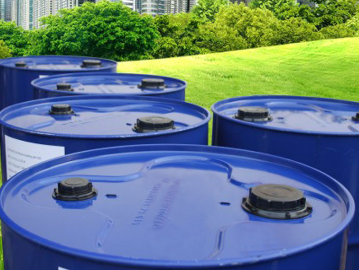
Silicone rubber is a versatile material that is commonly used for various applications due to its excellent chemical resistance. This article will explore the role of silicone rubber in ensuring superior chemical resistance in different industries.
Chemical resistance is a critical factor in selecting materials for applications where exposure to harsh chemicals is common. Silicone rubber is known for its exceptional resistance to a wide range of chemicals, making it a popular choice for industries such as aerospace, automotive, medical, and food processing.
One of the key reasons for silicone rubber's superior chemical resistance is its unique molecular structure. Silicone rubber is made up of silicon-oxygen (Si-O) bonds, which are highly stable and resistant to degradation by chemicals. This chemical structure gives silicone rubber its excellent resistance to acids, bases, solvents, oils, and other harsh chemicals.
In addition to its molecular structure, silicone rubber also has a high molecular weight, which contributes to its durability and resistance to chemical attack. This means that silicone rubber can withstand prolonged exposure to chemicals without degrading or losing its physical properties.
Furthermore, silicone rubber is inherently non-reactive, which means that it does not react with most chemicals. This inert nature of silicone rubber makes it an ideal material for applications where contact with aggressive chemicals is unavoidable.
Silicone rubber is also known for its high thermal stability, which further enhances its chemical resistance. Silicone rubber can withstand a wide range of temperatures, from extreme cold to high heat, without degrading or losing its chemical resistance properties.
Another benefit of silicone rubber is its flexibility and resilience. Silicone rubber can maintain its elasticity and mechanical properties even after exposure to chemicals, making it a reliable choice for applications where flexibility and durability are essential.
Furthermore, silicone rubber is resistant to UV radiation, ozone, and weathering, which makes it suitable for outdoor applications where exposure to sunlight and environmental factors is common.
In conclusion, silicone rubber plays a crucial role in ensuring superior chemical resistance in various industries due to its unique molecular structure, high molecular weight, thermal stability, flexibility, and resilience. Its excellent resistance to a wide range of chemicals, along with its inert nature and durability, make silicone rubber an ideal choice for applications where exposure to harsh chemicals is a concern. By choosing silicone rubber for chemical-resistant applications, industries can ensure the longevity and reliability of their products while maintaining high levels of performance and safety.